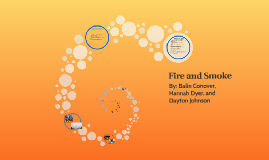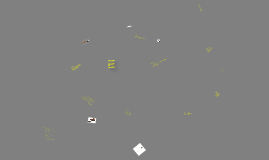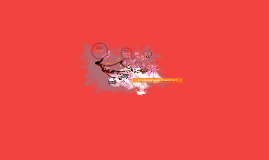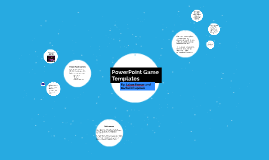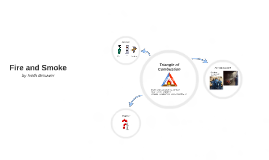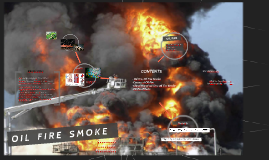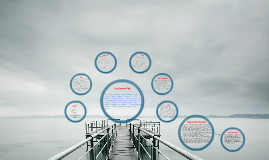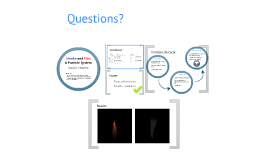Fire/Smoke/Fog
Transcript: "At the same time the fireman, whom I could also see below me, sat down abruptly before his furnace and ducked his head. I was amazed. Then I had to look at the river mighty quick, because there was a snag in the fairway. Sticks, little sticks, were flying about--thick: they were whizzing before my nose, dropping below me, striking behind me against my pilot-house." Although there is no true fire shown here in this quote, a "fireman" gives the impression that he is the gate keeper of knowledge. Without the fireman present, Marlow would have been caught up in the arrows flying towards them. The fireman alerted him and held the knowledge of the arrows' presence. Smoke "`Well, I must defer to your judgment. You are captain,' he said with marked civility. I turned my shoulder to him in sign of my appreciation, and looked into the fog. How long would it last? It was the most hopeless lookout." As the fog rolls in, the judgement call rolls to another individual showing uncertainty and insecurity. The manager, who is speaking, does not want to take the credit for whatever will happen during the fog. But, Marlow was also just as clueless and unsure about what to do. Marlow easily admits that the fog is an unknown territory to him. Throughout this passage, the image of fog concealing the unknown causes the characters to feel insecure and uncertain. But more importantly, the readers can see and visualize the mood as the characters anxiously wait for something familiar or for some guidance of any sort. Mood Fire Knowledge Smoke Unknown Fog Confusion Insecure/Unsure Unknown Smoke (continued) "The pilgrims had opened with their Winchesters, and were simply squirting lead into that bush. A deuce of a lot of smoke came up and drove slowly forward. I swore at it. Now I couldn't see the ripple or the snag either." Since the pilgrims are foreigners, they do not know the land around them so the natives can easily evade their bullets. In this sense, the pilgrims do not know what to do which causes them to keep firing in hopes of a success which does not come. Fog (continued) Fire "I steamed up a bit, then swung down stream, and two thousand eyes followed the evolutions of the splashing, thumping, fierce river-demon beating the water with its terrible tail and breathing black smoke into the air." The steamboat is a prime image of smoke because the boat not only creates smoke but the guns, that are often fired off on it, create a cloud of smoke as well. Too the natives of the area, this description of the boat accuartely demonstrates how they lack the knowledge of what it is so to them, the steamboat is a foregin and unknown creature waiting to harm them. Therefore, smoke gives the mood of the unknown. Whenever the horn is sounded, the natives scatter because they do not know what will happen. "When the sun rose there was a white fog, very warm and clammy, and more blinding than the night. It did not shift or drive; it was just there, standing all round you like something solid. At eight or nine, perhaps, it lifted as a shutter lifts. We had a glimpse of the towering multitude of trees, of the immense matted jungle, with the blazing little ball of the sun hanging over it--all perfectly still--and then the white shutter came down again, smoothly, as if sliding in greased grooves. I ordered the chain, which we had begun to heave in, to be paid out again. Before it stopped running with a muffled rattle, a cry, a very loud cry, as of infinite desolation, soared slowly in the opaque air. It ceased. A complaining clamor, modulated in savage discords, filled our ears. The sheer unexpectedness of it made my hair stir under my cap. I don't know how it struck the others: to me it seemed as though the mist itself had screamed, so suddenly, and apparently from all sides at once, did this tumultuous and mournful uproar arise. It culminated in a hurried outbreak of almost intolerably excessive shrieking, which stopped short, leaving us stiffened in a variety of silly attitudes, and obstinately listening to the nearly as appalling and excessive silence." These three key images occur throughout Joseph Conrad's "Heart of Darkness" because it sets the mood of the story. The mood is typically the feeling of the unknown or insecurity but, at times, when fire is present then the idea of knowledge pops up. Overall, Conrad uses the image of fire, smoke and fog to give his readers the mood during particular moments. Fog Fog (continued) Fire (continued) Fire/Smoke/Fog "Whether it meant war, peace, or prayer we could not tell. The dawns were heralded by the descent of a chill stillness; the wood-cutters slept, their fires burned low; the snapping of a twig would make you start. Were were wanderers on a prehistoric earth, on an earth that wore the aspect of an unknown planet." This quote is a terrific example of how the image of fire gives the mood of knowledge. As the quote states, "the fires burned low" suggesting that the knowledge of the people around






